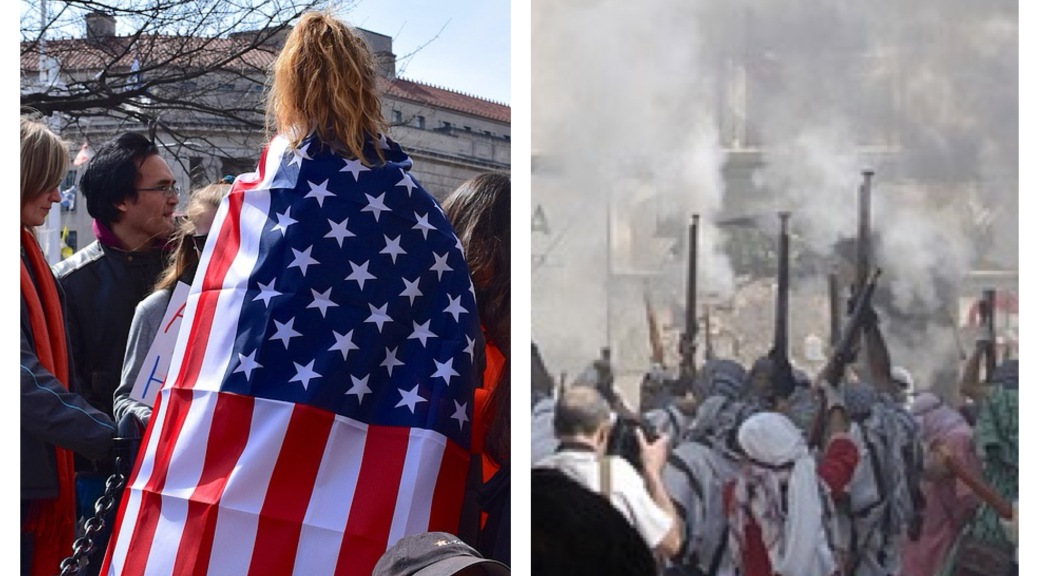
Mom and the Ministry (CaD Gal 2) – Wayfarer
“On the contrary, [James, Peter, and John] recognized that I had been entrusted with the task of preaching the gospel to the uncircumcised, just as Peter had been to the circumcised.”
Galatians 2:7 (NIV)
It’s Mother’s Day on Sunday so I’ve been thinking about my mother a lot this week. This will be the second Mother’s Day since her earthly journey ended back in March of 2023. Mom was old school in many ways. I think she really enjoyed it when I began my career as a pastor. When my path led to my career in business, she would regularly ask me, “Are you ever going to go back into ‘the ministry?'” It didn’t matter how many times I explained to her the concept of the priesthood of all believers, that ministry is not confined to being a pastor, and that my job is ministry. She would politely listen and end with, “I know, but are you ever going to back into the ministry?”
In the early years of the Jesus Movement, the focus of the disciples primarily remained preaching Jesus’ message to their fellow Jews in Judea. It was what they had done when Jesus was still with them. It’s what they knew. They were comfortable with it. When God opened the door for Peter and the rest of Jesus’ followers to let go of Jewish customs, like adhering to strict dietary restrictions and men having to be circumcised, it was a tectonic shift in thought and life.
In today’s chapter, Paul continues to explain to the believers in Galatia that he was recognized as an Apostle by Jesus’ inner circle. I find it fascinating that Peter, James, and John were happy to let Paul take Jesus’ message to the non-Jewish Gentiles while they stuck with taking the message to their fellow Jews. At the heart of the conflict that Paul is having with the Galatian believers and the “teachers” from Judea telling them they had to become Jews and be circumcised is the fact that the leading Apostles were still hanging around Jerusalem contentedly living and ministering within the Jewish people and culture. It placed Paul in a position in which he appeared to be an outsider doing things differently than the “real” Apostles back in Jerusalem.
As I meditated on this in the quiet this morning, there were two main themes that my heart chewed on.
First, I am reminded that the concept of “ministry” is not narrowly defined in Jesus’ paradigm but expansively defined. Ministry is what every disciple is called to do every day with every person we interact with. Apologies to my mother, but one of the core mistakes made by the institutional churches and denominations was that they promoted the notion that “ministry” was confined to an institutionally defined, approved, and professional class within the institution. The result was that the vast majority of institutional church members came to view “ministry” as a narrowly defined, professional vocation rather than the calling and mission of every believer.
The second theme is the unfortunate reality that we as humans have a hard time with change, and this can be especially true when it comes to transforming our belief systems. Peter and the Twelve said that they affirmed Paul’s ministry to the Gentiles. They even affirmed Paul’s teaching that Gentiles were free from the Jewish law and ritualistic rules. However, when Peter himself visited Paul and Barnabas in Antioch he shied away from the Gentile believers once his posse of Jewish believers joined them from Jerusalem. Old habits (and beliefs) die hard. Just like my mother having a hard time wrapping her heart and mind around the truth that “ministry” is not confined to vocationally being the pastor of a church.
And so, I exit my quiet time and enter another day of ministry in the marketplace.
Have a great weekend, my friend.

If you know anyone who might be encouraged by today’s post, please share.













